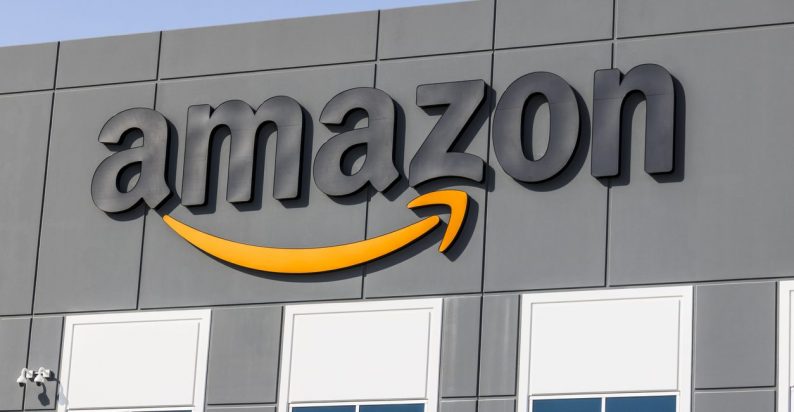The multinational technology company Amazon is the world’s largest marketplace for e-commerce, offering everything from books (it originally started life as on online bookstore) to consumer electronics, fresh food, furniture, jewellery, toys, clothing, music and video streaming services, and much more. In recent years Amazon has been entering the financial services sector, utilising a variety of technologies to offer a range of products and services as an alternative to commercial lending and finance. The internet company has diversified its portfolio considerably through the introduction of financial services designed to underpin its retail business for consumers and for merchants. Businesspeople such as Matthew Ledvina, director of a London-based fintech company which focuses on asset-backed lending, often follow such advances in fintech closely.
Amazon’s Financial Objectives
The current package of financial services offered by Amazon focuses on three strategic objectives. First, to streamline processes for consumers to make purchases, ensuring easy access and navigation and encouraging a higher spend. Second, to facilitate ease of access for merchants to enable them to offer and sell more products. Third, Amazon works to reduce any buyer/seller frictions on-site. Parallel to this, Amazon has invested in international markets, particularly in areas such as India and Mexico, where it has begun to form partnerships to develop financial technologies that help the company meet these three core objectives.
Payment Infrastructure and Services
As an e-commerce business, it is no surprise that Amazon has invested heavily in infrastructure and services for payments. Priorities have included ensuring that payments are more cash-efficient for the company and removing any customer friction caused by the payment process. Amazon spent more than a decade experimenting with functionality for payments, resulting in the latest Amazon Pay service. Through Amazon Pay, customers have access to a digital wallet and merchants have access to an efficient payment network. Amazon has strengthened the payment experience through the in-house development of technologies and by acquiring technological talent.
Cash on Delivery Services
Focusing on areas of the world where access to banking is limited or non-existent, Amazon recently launched Amazon Cash. Through the Amazon Cash service, customers can deposit money directly into their digital wallet by visiting any participating brick-and-mortar retailer, using either cash or gift vouchers. This can then be used to facilitate online purchases without requiring access to a bank account. Amazon Cash has also linked with Coinstar, which has almost 20,000 individual kiosks across the world in high-traffic areas such as supermarkets. Customers using a Coinstar kiosk can choose to deposit their spare change as usual, but then opt to deposit it in their digital wallet through the Amazon Cash app.
Safe Online Shopping for Children
Opening up the online retail market to children leverages Amazon Cash to tap into the next generation. Amazon has begun making it easier for children to shop online through a variety of measures that still allow parents to retain control of what their children are spending. Amazon Allowance lets children establish their own Amazon account providing they have parental consent. Parents can view their children’s purchase history and can transfer pocket money into the account for them to spend. In 2017, the Alexa Fund from Amazon partnered with Greenlight Financial through participation in its Series A funding round for an innovative new debit card aimed at children where parents can deliver funding and set spending limits.
Amazon also offers a variety of loan products and lending services for individual customers and for small businesses. Furthermore, the company has been in discussions with insurance companies and banking institutions, implying an expansion of financial products in the near future.













Leave A Comment